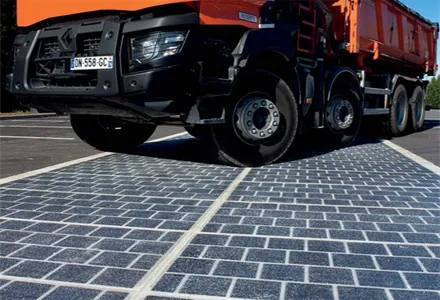German municipalities may soon be allowed to issue special rules giving drivers of electric cars and other low-emission vehicles priority parking status.
A draft proposal has been issued by the Bundesrat, the second chamber of the German parliament, to the first chamber, the Bundestag. Currently, only disabled people and local residents enjoy any kind of vehicle parking privileges.
According to the proposal, local authorities could, for instance, free electric cars from parking fees and forbid parking of
December 2, 2013
Read time: 1 min
German municipalities may soon be allowed to issue special rules giving drivers of electric cars and other low-emission vehicles priority parking status.
A draft proposal has been issued by the Bundesrat, the second chamber of the German parliament, to the first chamber, the Bundestag. Currently, only disabled people and local residents enjoy any kind of vehicle parking privileges.
According to the proposal, local authorities could, for instance, free electric cars from parking fees and forbid parking of non-electric cars at spaces with battery charging facilities.
A draft proposal has been issued by the Bundesrat, the second chamber of the German parliament, to the first chamber, the Bundestag. Currently, only disabled people and local residents enjoy any kind of vehicle parking privileges.
According to the proposal, local authorities could, for instance, free electric cars from parking fees and forbid parking of non-electric cars at spaces with battery charging facilities.







